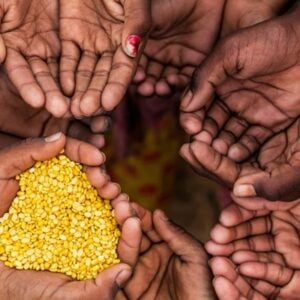As global leaders gather for the UN Food Systems Summit +4 Stocktake, the International Fund for Agricultural Development (IFAD) is calling for urgent measures to prioritize rural populations and small-scale farmers in the transformation of global food systems. Despite increasing recognition of the importance of food system reform, progress remains inconsistent. Small-scale farmers, responsible for producing up to 30 percent of the world’s food, continue to face significant challenges, with 90 percent lacking access to affordable financial services.
Amid a global backdrop of slow economic growth, climate-related disruptions, and multiple ongoing crises, the world’s 48 least developed countries—33 of which are in Africa—are experiencing the greatest difficulty in securing resources for food system transformation. In light of this, IFAD is allocating over half of its core resources to sub-Saharan Africa, with 60 percent dedicated specifically to the continent.
To address these challenges, IFAD is promoting innovative financing strategies such as blended finance, new funding mechanisms, and expanded partnerships with governments, the private sector, and development organizations. These initiatives aim to increase investment in rural development and ensure that financial resources reach the most underserved populations. At the Summit, IFAD is urging all stakeholders to intensify their efforts and commit to transformative action. Achieving sustainable food systems goes beyond increasing agricultural output—it requires a focus on equity, resilience, and economic opportunities for the rural communities at the heart of global food production.





